Firing a 122mm howitzer D-30 in the Donetsk region, Ukraine, March 2023
Two years into the Ukraine War
3:30PM - 6:15PM (EST)
Firing a 122mm howitzer D-30 in the Donetsk region, Ukraine, March 2023
Event Details
The Miller Center commemorates the 2nd anniversary of the Russian war in Ukraine in a special two-panel program with UVA experts in foreign policy, defense, and diplomacy.
Two years into the Ukraine War: Where are we headed and what have we learned?
Global Inflection Point? (Session 1)
Experts reflect on how the war has changed international politics. What was foreseen, and what was not? What might the future hold?
Leadership Matters (Session 2)
The leadership of three presidents—Joe Biden in the United States, Vladimir Putin in Russia, and Volodymyr Zelensky in Ukraine—has defined the trajectory of the war. What conclusions can we draw about presidential leadership and decision-making in the 21st century? How might a change of leadership in any of the three countries change the trajectory once again?
When
3:30PM - 6:15PM (EST)
Where
2201 Old Ivy Rd
Charlottesville, VA
&
ONLINE
Speakers
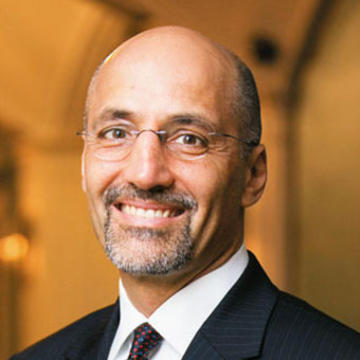
William Antholis

Alexander Bick

Dale Copeland
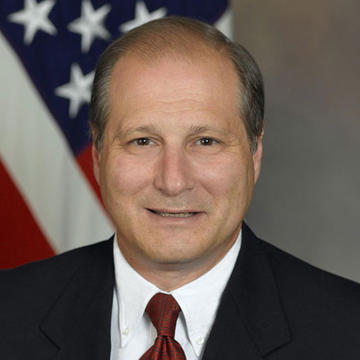
Eric Edelman
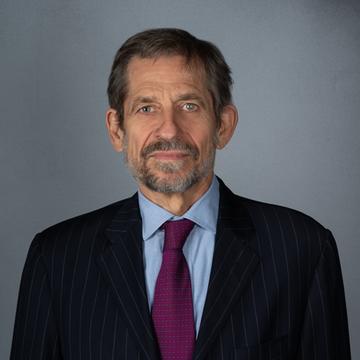
Thomas Graham
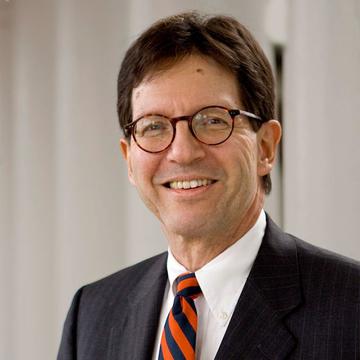
Harry Harding
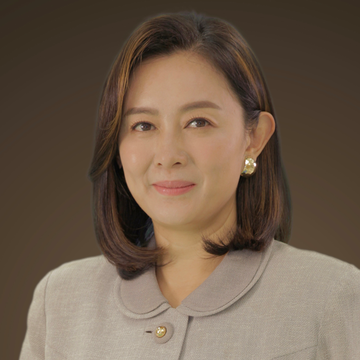
Syaru Shirley Lin

Scott C. Miller
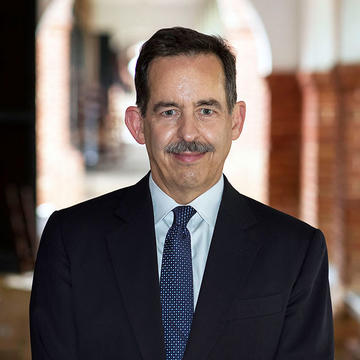
Stephen D. Mull

John M. Owen IV

Philip B. K. Potter

Mara Rudman

Marc Selverstone
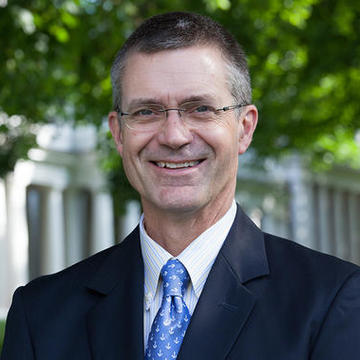
Allan C. Stam

James B. Steinberg
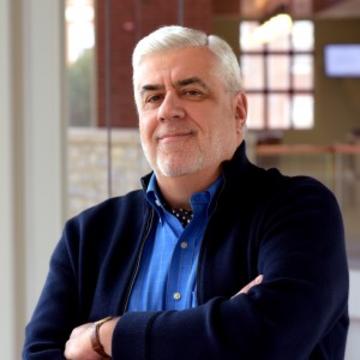
Yuri Urbanovich